Pot Calling the Kettle Black
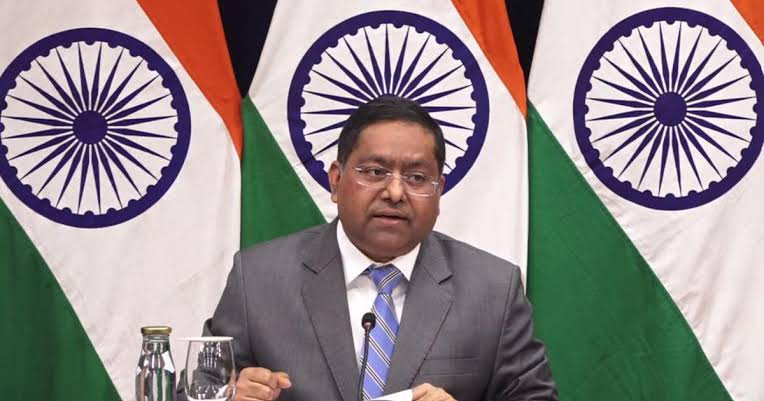
Ministry of External Affairs (MEA) has strongly rejected claims made by Bangladesh's interim government that members of the ousted Awami League are engaging in "anti-Bangladesh" activities from Indian soil. In an official statement, the MEA called, and rightly so, the allegations "misplaced."
The Indian government has stated it's not aware of any activities by Awami League members that are contrary to Indian law, and it has a firm policy of not allowing political actions against other countries to be carried out from its territory. The Bangladeshi government, led by Chief Advisor Muhammad Yunus, had specifically raised concerns about Awami League members establishing offices in New Delhi and Kolkata. India also highlighted in the statement that "free, fair and inclusive" elections should be held in Bangladesh at the earliest to reflect the will and mandate of its people.
The diplomatic tension between the two nations has escalated since the ousting of former Prime Minister Sheikh Hasina on August 5, 2024. Hasina has been residing in India since her departure. Accusing India of anti-Bangladesh activities is key component of an anti-India campaign. It is a dangerous irony to prosecute a former prime minister for “authoritarian excesses” by employing instruments and methods that themselves lack democratic legitimacy. True justice requires due process, political inclusiveness, and a national reckoning that acknowledges failures across the board—not scapegoating one leader or party while overlooking the complicit silence or collusion of other powerful actors.
Dhaka’s such flimsy charges reflect the deteriorating relations between the two countries, which has been further strained by a series of attacks on Hindus in Bangladesh, which the Yunus government has been accused of downplaying. The diplomatic spat also highlights the complex political landscape in Bangladesh and the regional implications of the recent change in leadership. This is high time that India should talk to Bangladesh in clear and strong terms about the priorities and mutual responsibilities of keeping 54 years of bilateral ties alive, meaningful and productive.

 1 day, 20 hours ago
1 day, 20 hours ago

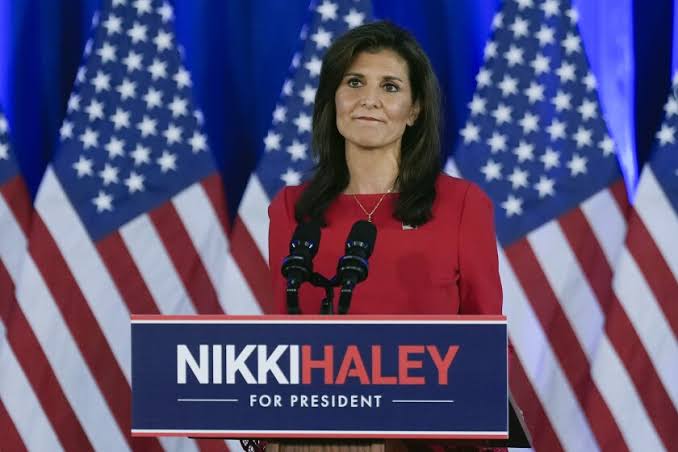
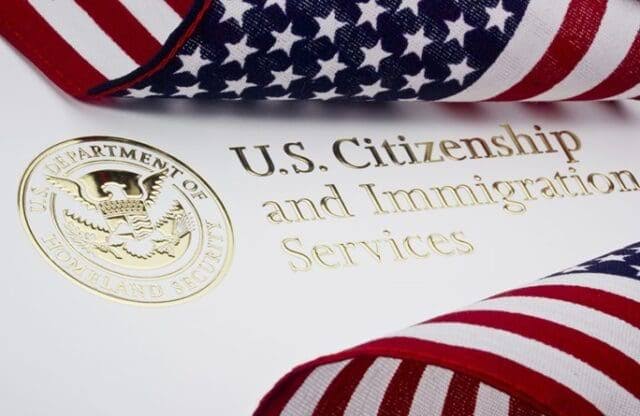
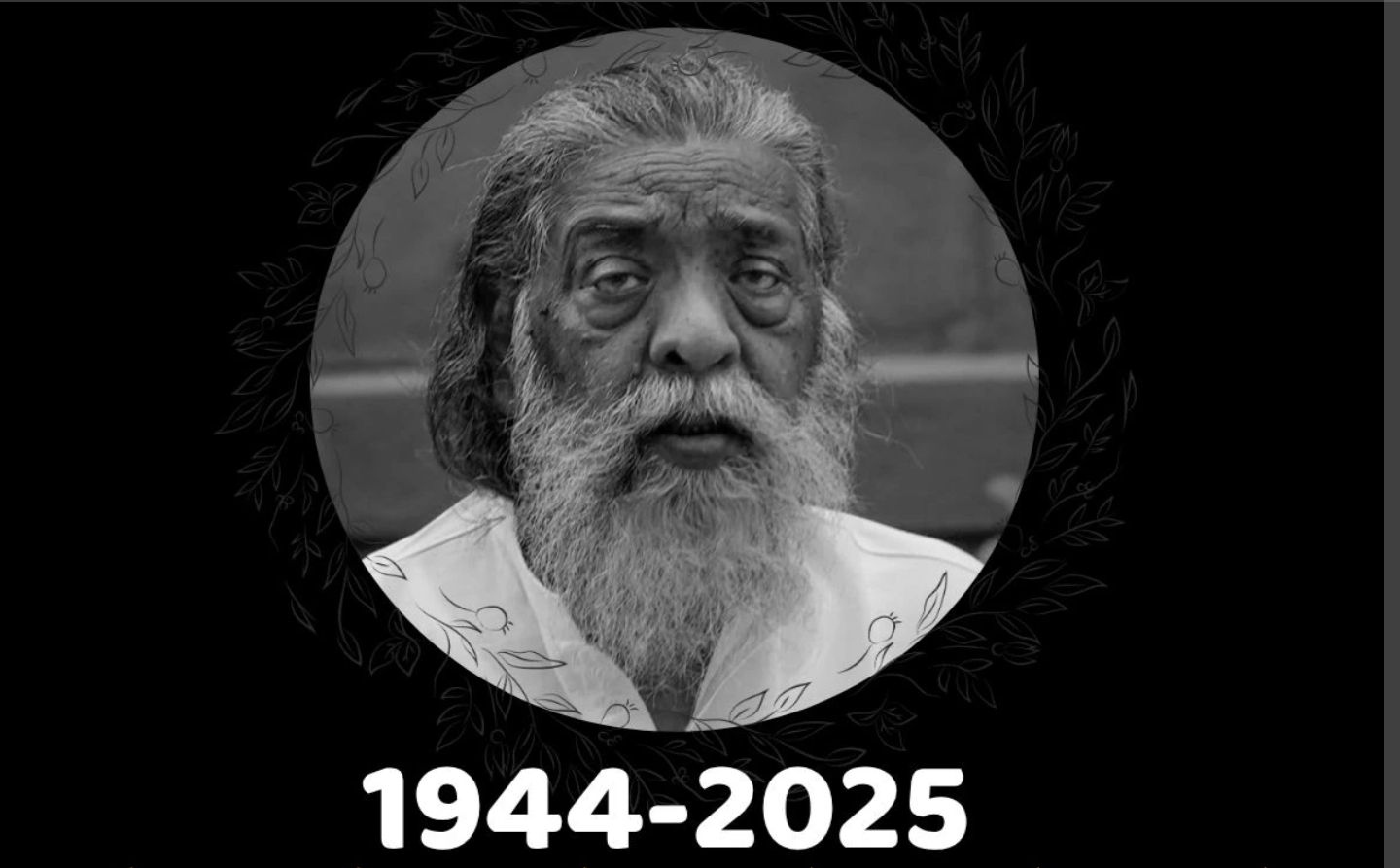
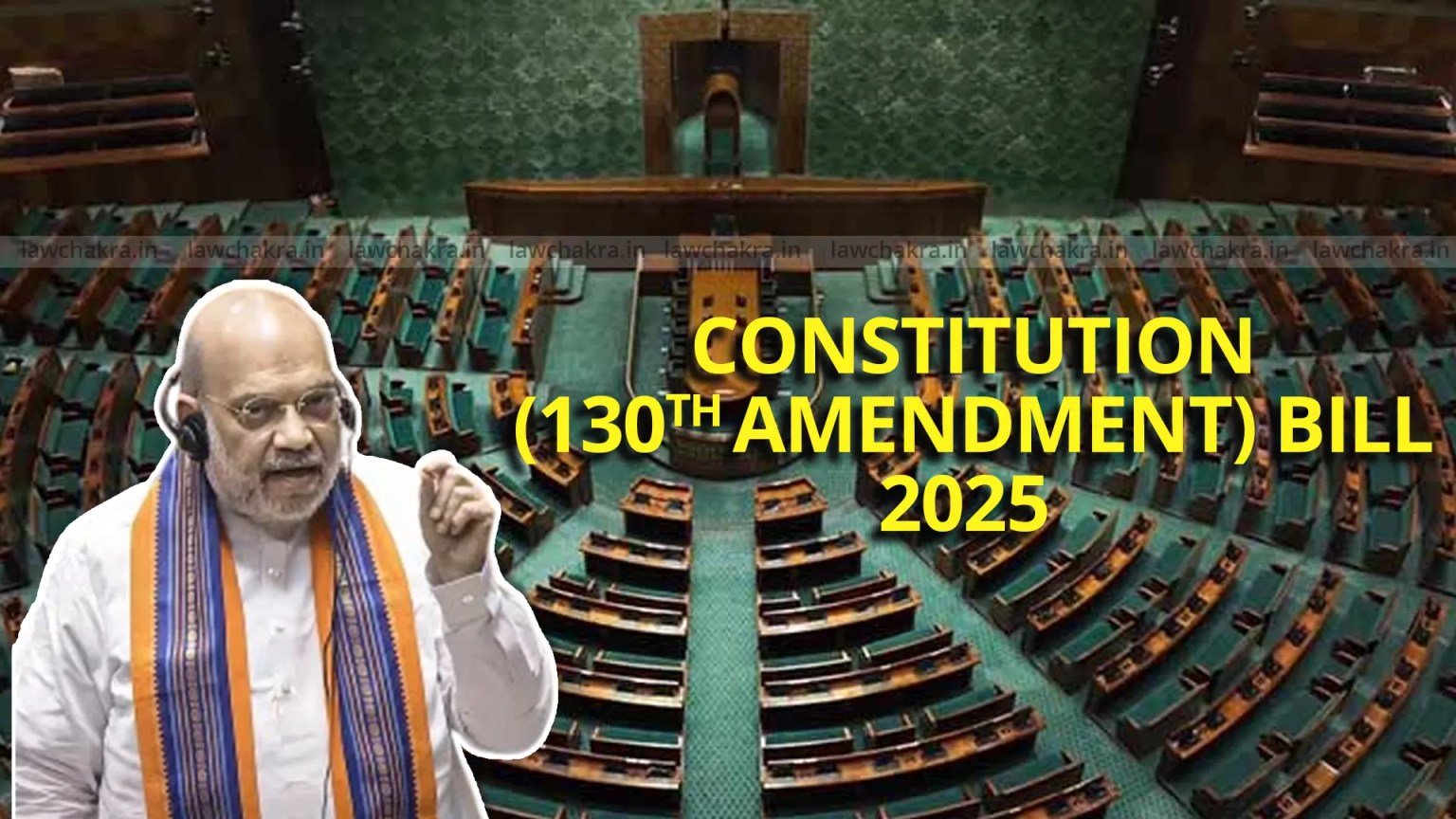
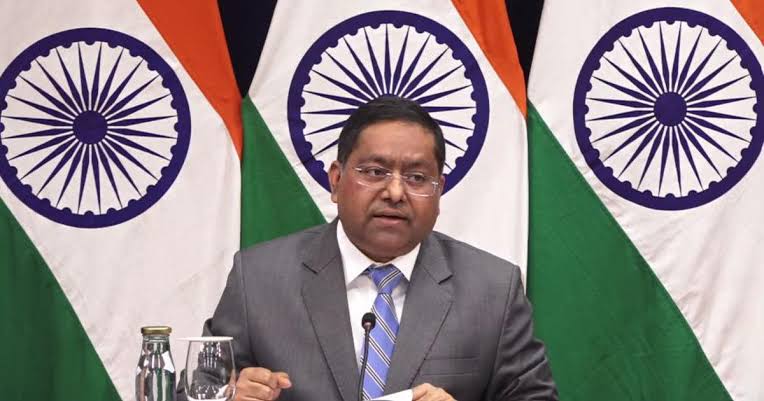


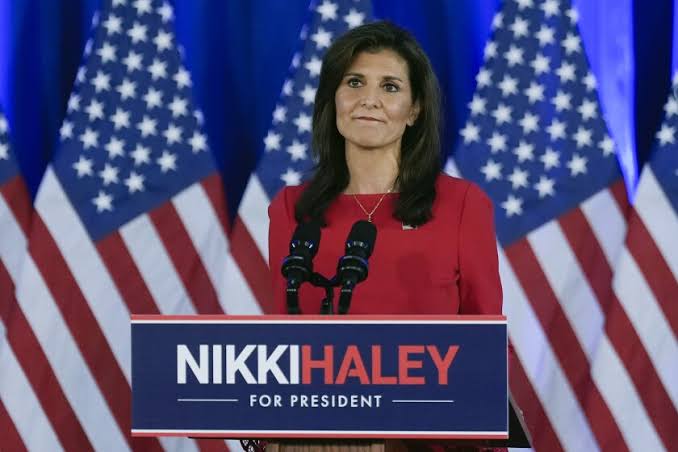
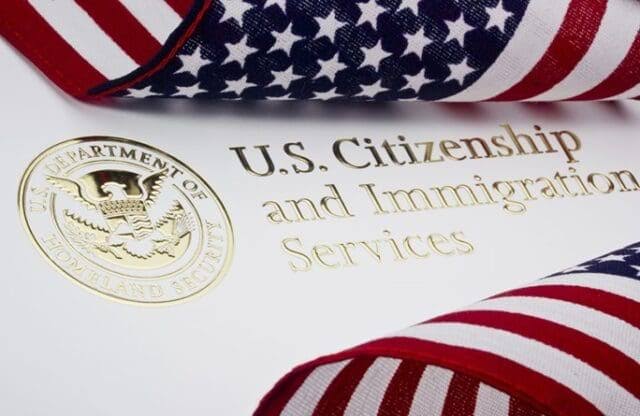

[[comment.comment_text]]